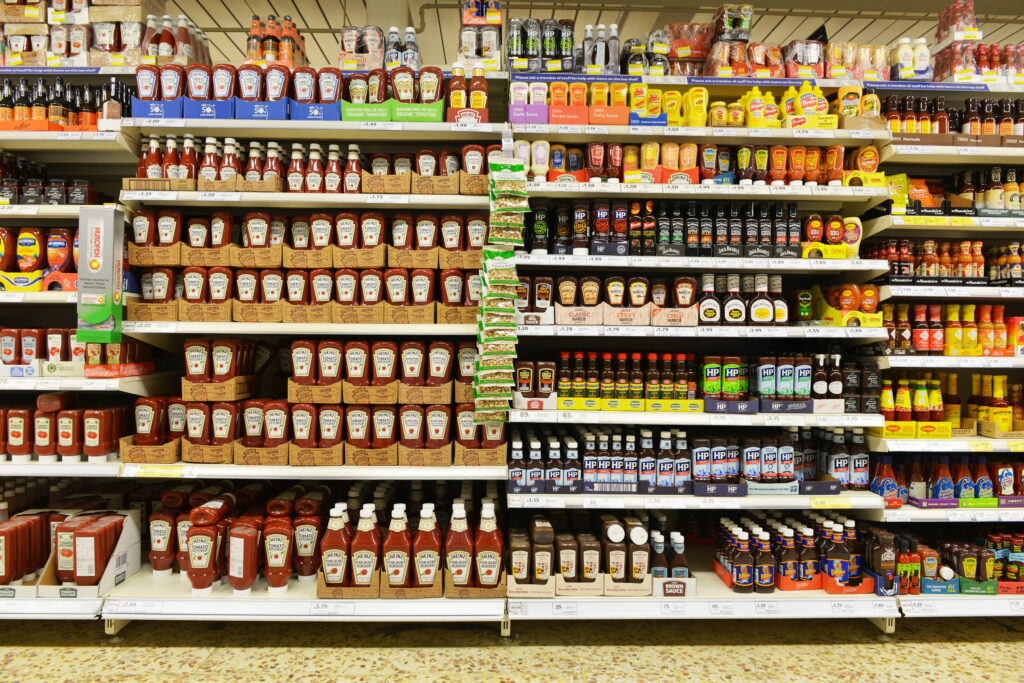In a case brought by the Commission, the Court said that making it more difficult or expensive for mineral water importers from other EU Member States to sell their product in Germany, the federal government effectively created an illegal barrier to free trade.
” A deposit/return obligation for single-use drinks packaging can contribute to reducing packaging waste only if all producers and retailers can take part in an operational return system. “
– Gunter Verheugen, EU Commission
The judgement concerned the German deposit-return system, which applies to single-use drinks packaging when the use of re-usable drinks containers in Germany falls below 72% of the market for more than two years in a row. The law means manufacturers and importers of single-use packaging have to set up deposit and return systems within six months of re-usable packaging falling below 72% market share.
The Court of Justice ruled that the six-month period does not provide sufficient time for companies based in other EU Member States to set up collection systems, and therefore creates a barrier to free trade.
Landmark
The European Commission vice-president responsible for the free movement of goods, Gunter Verheugen, said the ruling was a “landmark judgement” that would help the Commission to adapt the packaging regulations to suit the single market.
Mr Verheugen said the judgement meant “a deposit/return obligation for single-use drinks packaging can contribute to reducing packaging waste only if all producers and retailers can take part in an operational return system.”
The Court ruling applied specifically to natural mineral water, since under EU law mineral water must be bottled at source, rather than in the country of sale. But, the Commission said it “nonetheless clarifies some fundamental questions concerning packaging and packaging waste”.
Despite the ruling on free trade, the Court agreed with the German government that deposit/return systems for single-use packaging do make environmental sense, and are likely to increase the return rate for empty packaging, improving the recycling of waste. And, the Court said that promoting re-usable packaging reduces the amount of packaging waste requiring disposal.








Subscribe for free